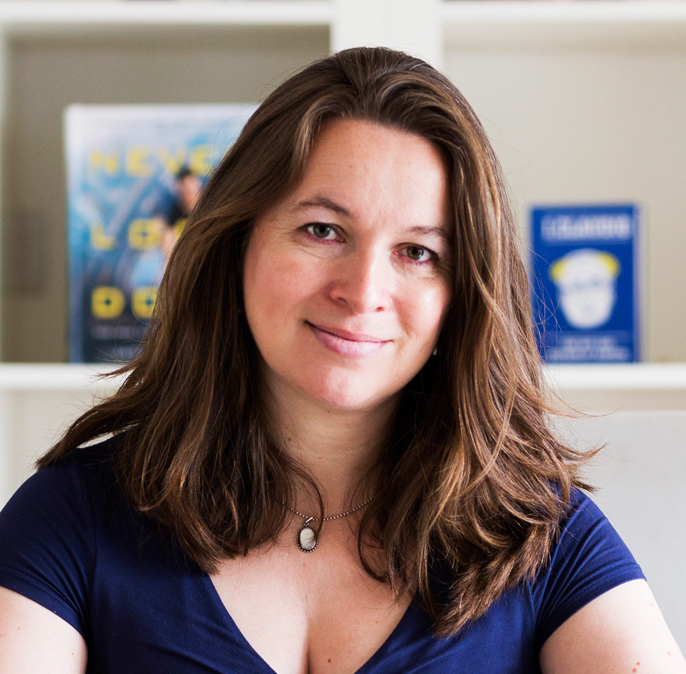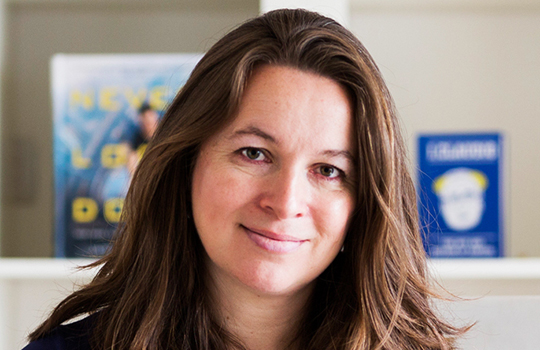If this seems like a silly season Twitter spat, it isn’t. It’s deadly serious
 In taking to Twitter to challenge Professor Stephen Hawking’s scientific appraisal skills, Jeremy Hunt accidentally ignited not only the incredulity of the scientific community, but also one of last weekend’s biggest national news stories.
In taking to Twitter to challenge Professor Stephen Hawking’s scientific appraisal skills, Jeremy Hunt accidentally ignited not only the incredulity of the scientific community, but also one of last weekend’s biggest national news stories.
The media gleefully seized upon an act of mansplaining so audacious it surely deserves it own word: the health secretary—a man with no scientific training whatsoever—“Huntsplaining” to the world’s greatest physicist that his grasp of scientific evidence was lacking.
In his speech to the Royal Society of Medicine, Hawking argued that politicians’ tendency to cherry-pick evidence to suit their political ends—citing some studies but suppressing others—debases scientific culture. Hunt, Hawking claimed, was guilty of precisely this when he alleged that 11,000 patients a year died through understaffing of hospitals at weekends, conveniently ignoring the 13 peer-reviewed papers that contradicted his “weekend effect” claims.
In a series of rapid-fire tweets, Hunt shot back that Hawking, though brilliant, was “wrong” on the lack of evidence for the “weekend effect.” Ironically, he cherry-picked a single study to do so: the 2015 Freemantle paper whose very authors warned it would be “rash and misleading” to draw the simplistic conclusions Hunt desired. The media had a field day.
And so—in a peculiar act of reputational self-harm—the person who highlighted most starkly the use of bad science to push through political agendas was not the professor but the politician himself. A modern morality tale from this side of the political pond, perhaps, about the perils of intemperate tweeting.
If this seems like a silly season Twitter spat, it isn’t. It’s deadly serious. Evidence, its misuse, and NHS morale are all inextricably entwined. Perhaps the most demoralising example of political cherry-picking concerns the vital matter of NHS understaffing. As if the daily lived experience of overstretched rotas weren’t bad enough for frontline staff, the final, soul-destroying kick in the proverbials is when a politician pops up to tell us that actually the NHS is positively awash with thousands of new nurses and doctors. This denial of frontline reality—the gaps blighting so many nurse and doctor rotas, the hospital beds being closed in their scores—feels like an act of deliberate silencing. It removes from ordinary staff our voice, our right to tell the truth and to be heard.
How can hope flourish among staff who feel silenced, and how can morale be rebuilt without hope? At a time of remarkable consensus that the NHS’s greatest problem is its workforce crisis, political spin should be recognised as a part of the problem, a hope-sapping drain upon staff. In this context, last weekend’s totemic spectacle of a health secretary seemingly so blinded by conviction that he attacked the scientific method of the Albert Einstein of our century made me, frankly, despair.
Happily, hope bloomed anew as—along with several hundred other healthcare professionals—I listened, enthralled, to Stephen Hawking on stage at the RSM describe decades of living with motor neurone disease. The hum and whir of his computerised wheelchair were audible: not one member of the audience made a sound. At 75, Hawking should be long dead. And indeed, as he told us: “I wouldn’t be here today if it were not for the NHS.” The very fact of his enduring existence made me swell with shared pride and awe at the potency of medicine—and the ability of our health service to keep him alive. Politics receded as an auditorium united to celebrate an extraordinary life and the medical care that made it possible.
In an era of fake news and the denigration of experts, facts are really all we have. And sometimes, the simplest facts are the most potent. Thanks to the NHS, a man who should be dead has lived to unlock the secrets of the universe. This NHS doctor hasn’t felt so uplifted for some time.
Rachel Clarke is a specialty doctor in palliative medicine based in Oxford. Twitter @doctor_oxford
Competing interests: None declared.
